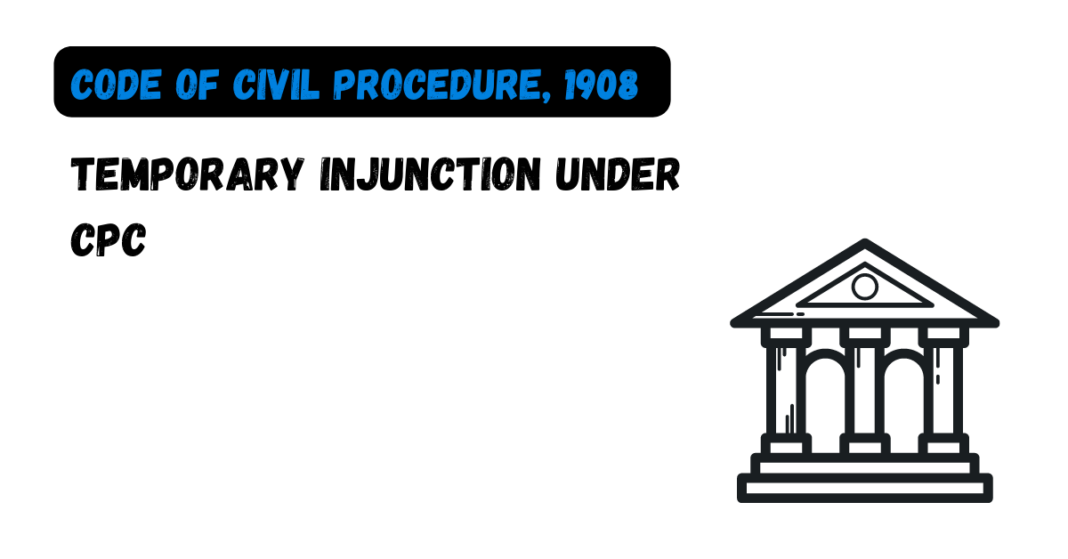Nature of Temporary Injunctions
Temporary injunctions are interim or provisional orders issued by the court during the pendency of a civil lawsuit. Their purpose is to maintain the status quo or prevent imminent harm until the court makes a final decision.
Grounds for Granting Temporary Injunctions
To obtain a temporary injunction, the following grounds must be established:
- Prima facie case: The applicant must demonstrate a strong case with a reasonable probability of success on the merits. This means providing sufficient evidence and legal arguments to support their claim.
- Irreparable injury: The applicant must show that without the injunction, they would suffer irreparable harm or injury that cannot be adequately compensated by monetary damages.
- Balance of convenience: The court considers the relative hardships and convenience to the parties involved. It assesses whether granting the injunction is necessary to prevent injustice.
Types of Temporary Injunctions
- Restraining Order: This type of injunction restrains or prohibits a party from engaging in certain activities. It aims to prevent harm or prejudice to the other party or preserve the status quo.
- Mandatory Injunction: This type of injunction requires a party to perform specific acts or refrain from interfering with certain rights or property. It ensures the preservation of rights or the proper functioning of the legal process.
Procedure for Obtaining Temporary Injunctions
- Filing an Application: The party seeking the injunction (applicant or plaintiff) files an application with the court. The application includes supporting documents, affidavits, and legal arguments explaining the grounds for the injunction.
- Notice to the Opposing Party: The court issues a notice to the opposing party (respondent or defendant) informing them of the application for the temporary injunction. This allows the respondent to respond and present their arguments.
- Hearing and Evidence: The court conducts a hearing where both parties have the opportunity to present their arguments, evidence, and witnesses supporting their positions.
- Court’s Decision: Based on the evidence and arguments presented, the court determines whether to grant or deny the temporary injunction. The court may impose conditions or restrictions while granting the injunction.
- Duration of the Injunction: Temporary injunctions are generally granted for a limited period until the final resolution of the case or until further orders of the court.
Violation of Temporary Injunctions
If a party violates a temporary injunction, they may be held in contempt of court. This may lead to legal consequences, including penalties or other enforcement measures.





